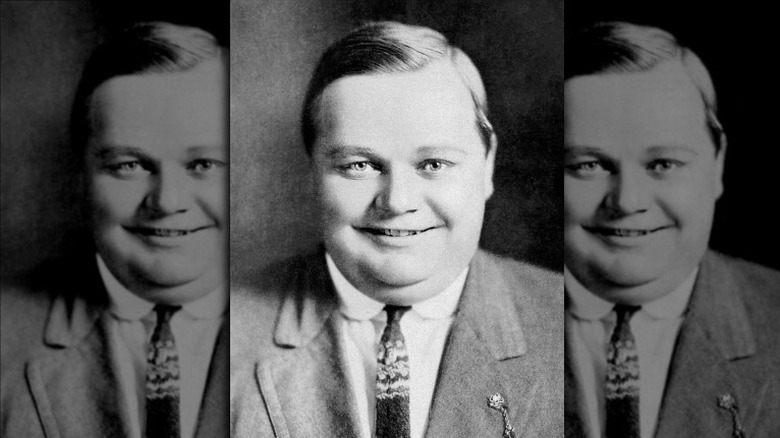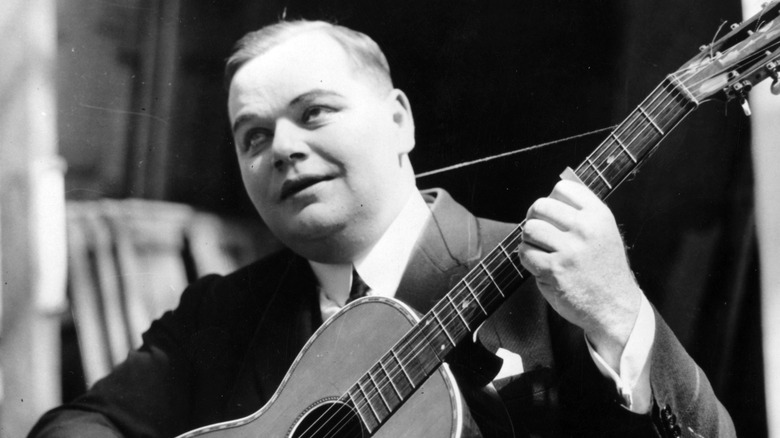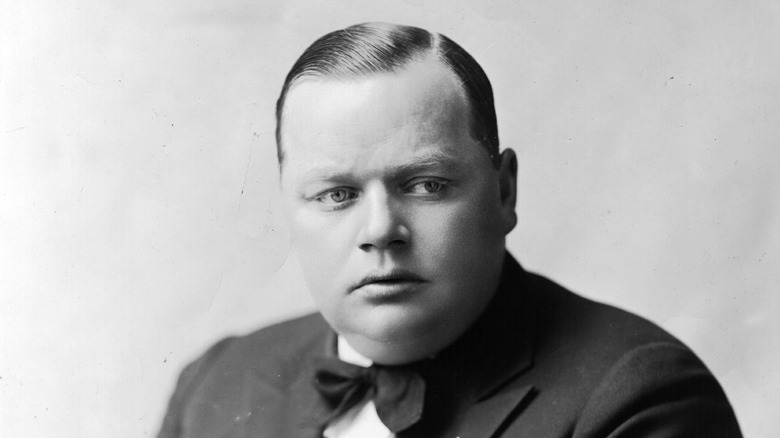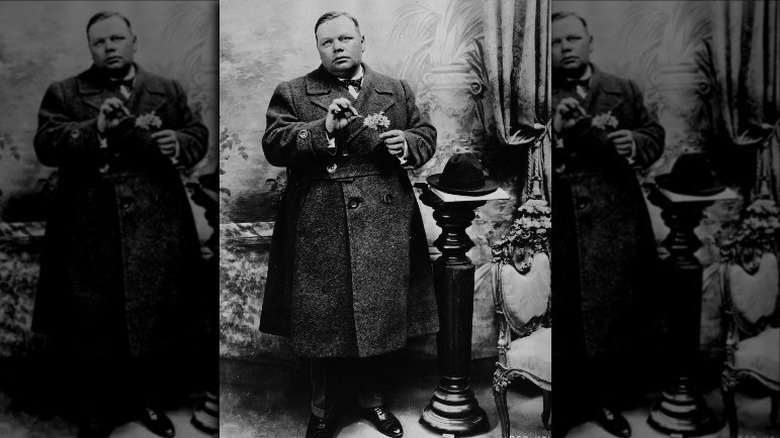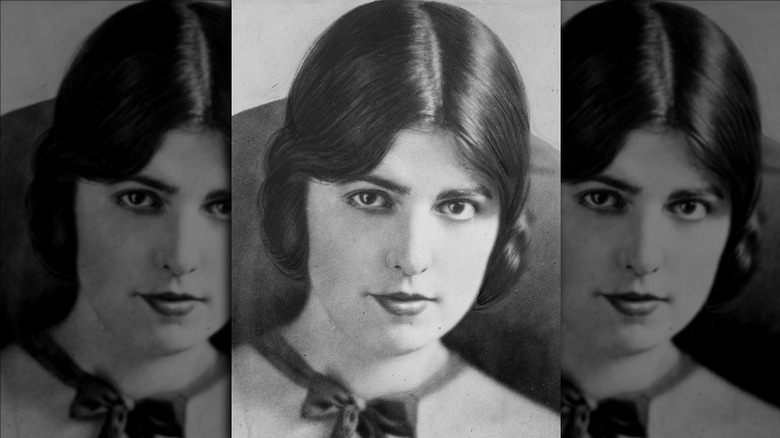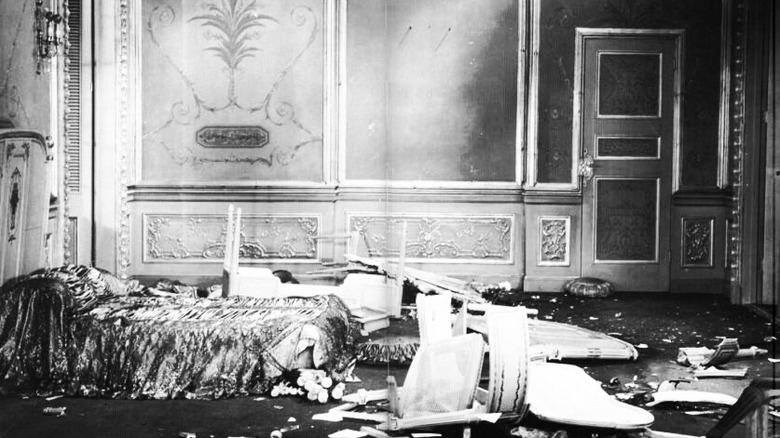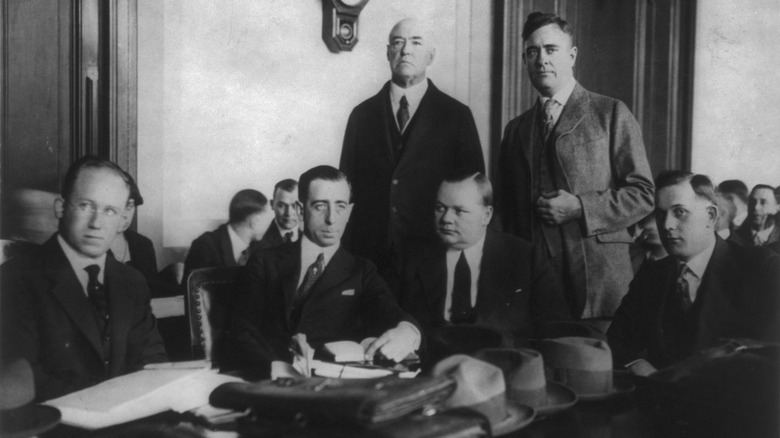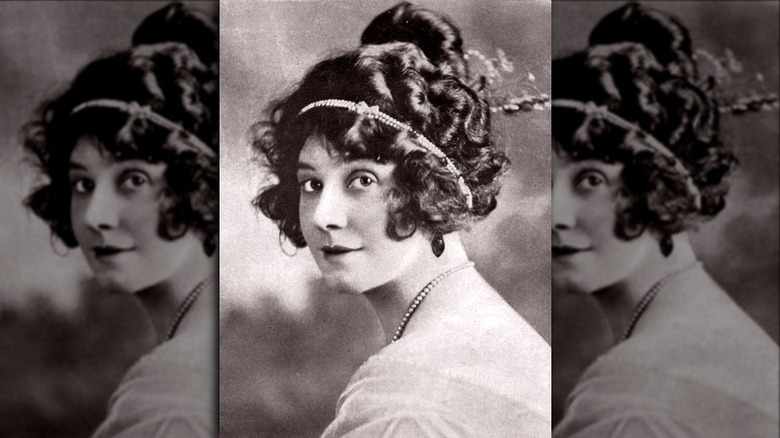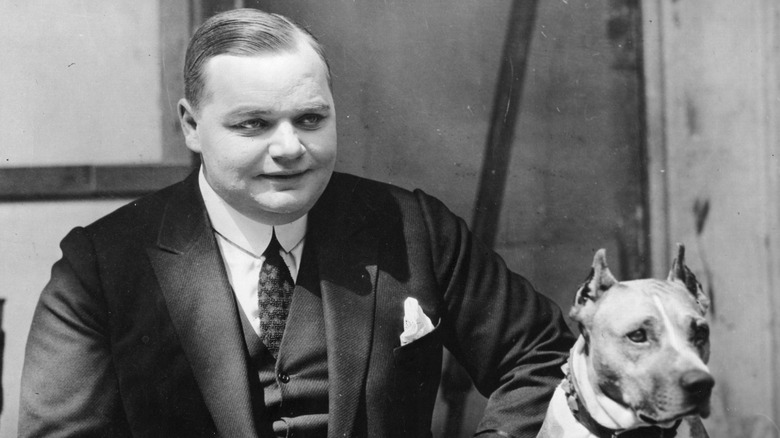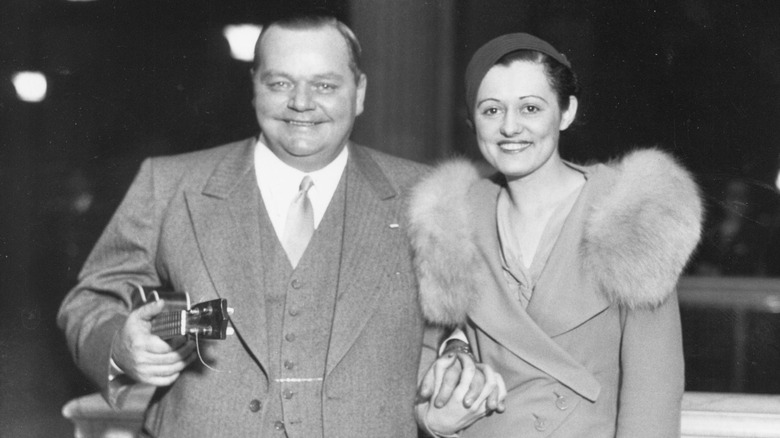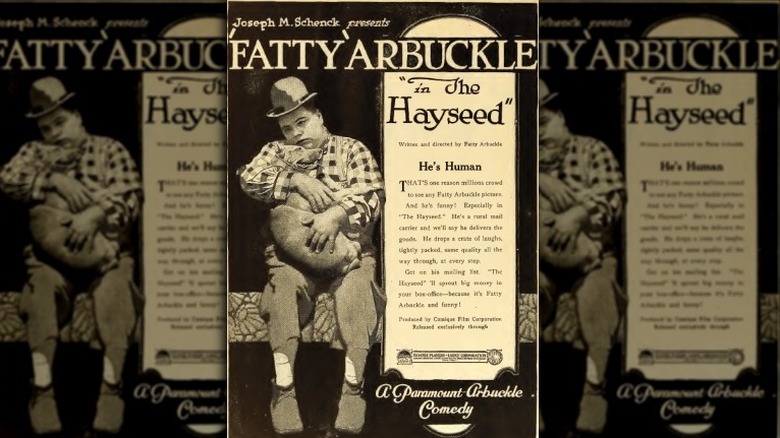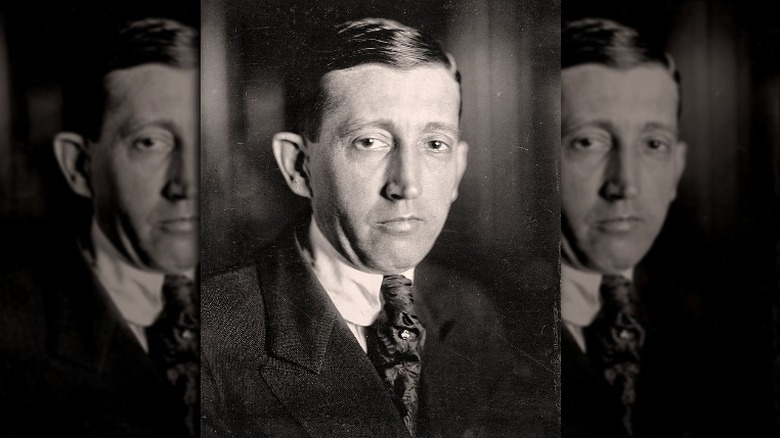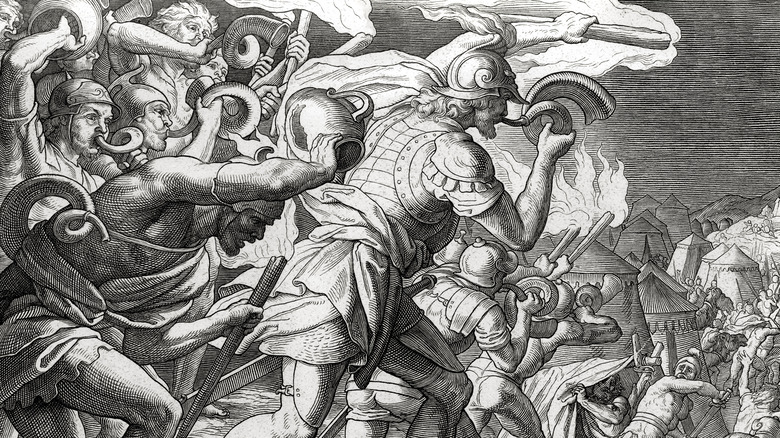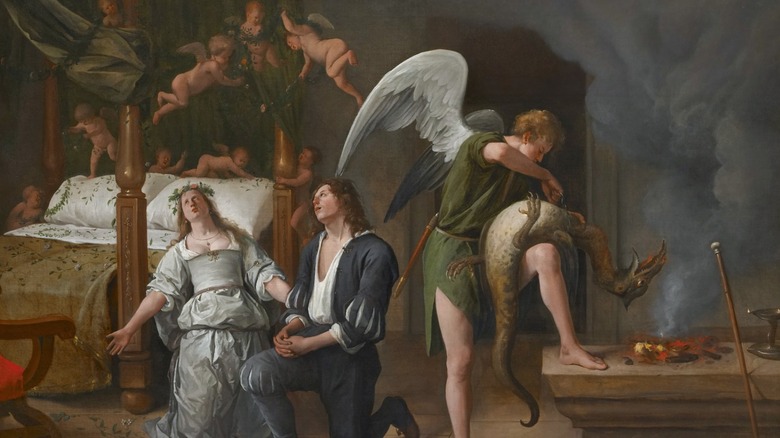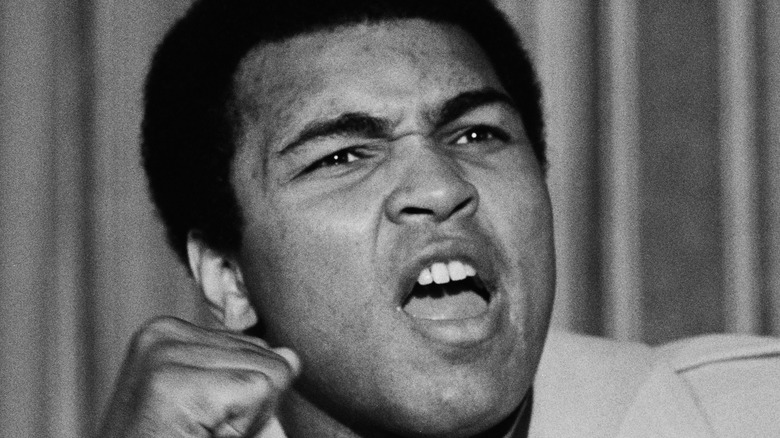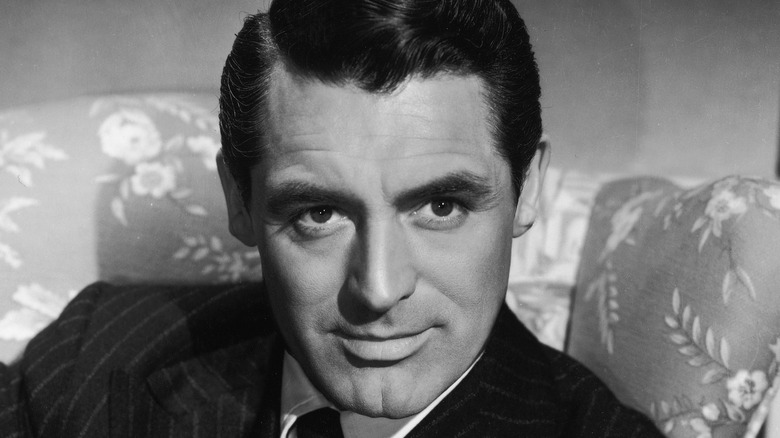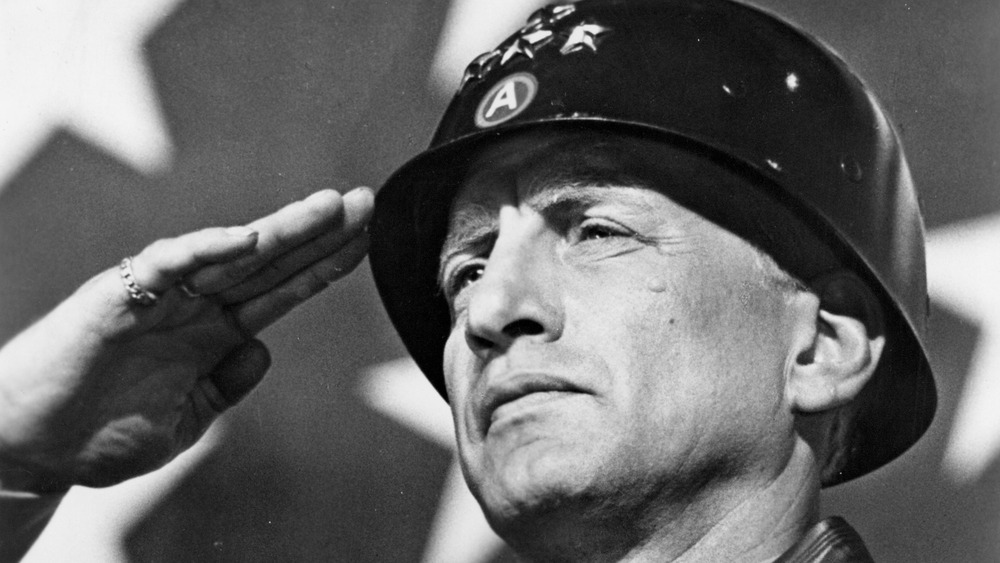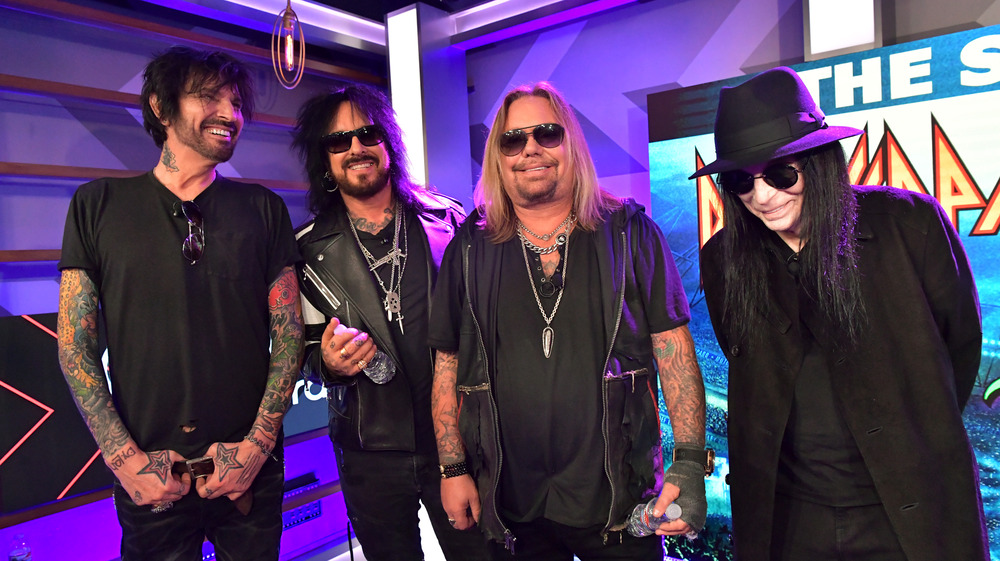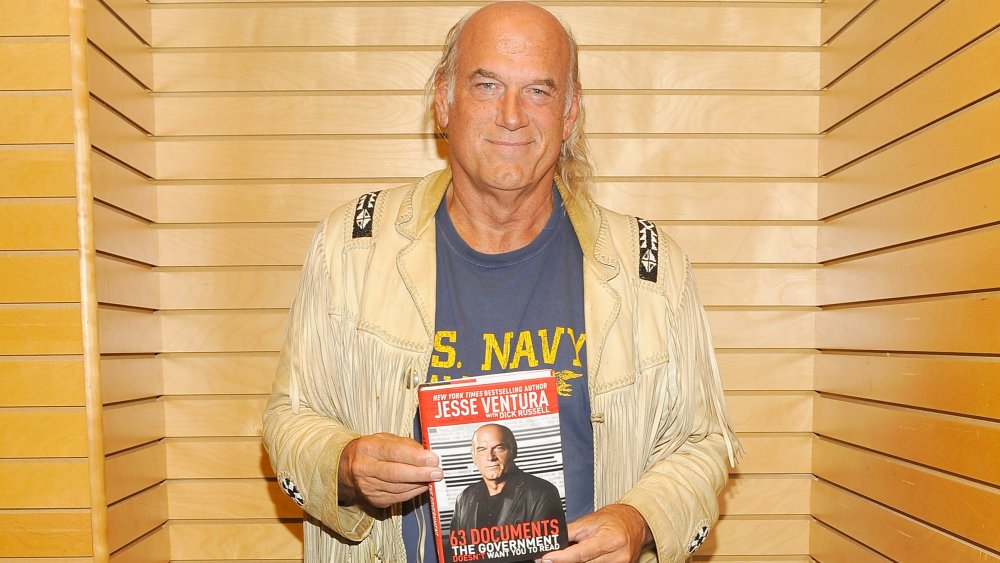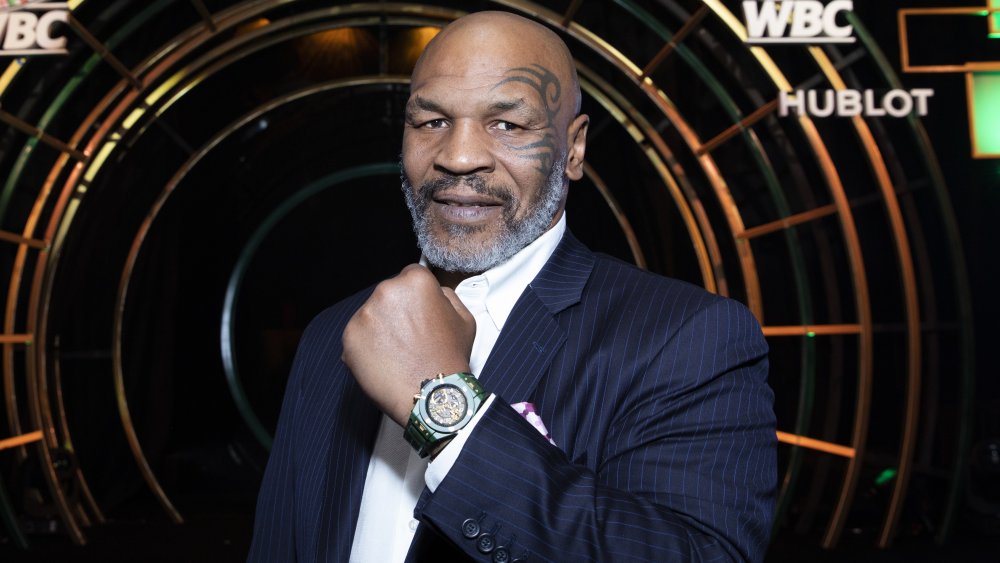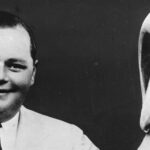
The Tragic Real-Life Story Of Roscoe “Fatty” Arbuckle
We tend to assume that fame and fortune in Hollywood naturally leads to decadence and scandal. When famous actors are caught doing terrible things, we might be horrified, we might be angry, but we’re rarely shocked or surprised. We also tend to think that “cancel culture” is a new phenomenon. But a hundred years ago, the Fatty Arbuckle situation topped years of scandals. It changed the way the public saw the movies and the people in them, and forced the young Hollywood film industry to take the first steps towards self-censorship in an effort to reassure everyone that it wasn’t teeming with immoral, awful people. One of the first things the film industry did in its efforts at damage control was to literally cancel Arbuckle, banning him from working in films at all.
In 1921, Roscoe “Fatty” Arbuckle was one of the biggest and best-paid stars in the world. Today he’s almost completely forgotten. But Arbuckle’s story is remarkable in how little has changed in the intervening century. As a society, we still struggle to reconcile our worship of the famous with the human flaws of celebrities, and we still struggle to pick the truth out of a swirl of sensational rumor. That’s why it’s worth revisiting the tragic real-life story of Roscoe “Fatty” Arbuckle.
His father disowned him
According to Vintage News, Roscoe Arbuckle was born in 1887, in Smith Center, Kansas. He was born big, weighing in at about 13 pounds, and his father William was suspicious of his paternity because both he and Arbuckle’s mother were quite slender. Strangely, William permanently engraved his disdain on his son by naming him after Senator Roscoe Conkling, a notorious womanizer and a politician who William despised.
In a biography of the performer, author Stuart Oderman notes that William, who was probably a high-functioning alcoholic, was frequently absent, and that he beat Roscoe regularly, and eventually left his family to fend for themselves. When Arbuckle’s mother passed away when he was young, he traveled to the hotel where his father and older brother worked, only to find them gone. The hotel was under new management, and the Arbuckles had left a week earlier.
The hotel staff took pity on Roscoe, feeding him and letting him stay in a tiny closet that had been converted into an ersatz bedroom. After a few days, Roscoe accepted the fact that his father was not coming back to get him. He began doing odd jobs around the hotel in exchange for his room and board, and he never forgot or forgave his father for what he saw as nothing less than a betrayal.
He was almost laughed off his first stage
Fatty Arbuckle got his first break while working at the hotel. Doing odd jobs around the place in exchange for room and board, author Stuart Oderman reports that Roscoe liked to sing, which caught the attention of the hotel’s musician, Pansy Jones. Pansy soon allowed the young Arbuckle to sing for tips on quiet nights.
According to the Vintage News, this soon led Arbuckle to enter a local talent show for amateurs. The performers were all informally judged by the amount of cheering — or heckling — they received. If a performer didn’t meet the crowd’s approval, the classic shepherd’s crook emerged from the side of the stage and pulled them off, much to the delight of the audience. Arbuckle apparently performed a loosely organized bit where he clowned about and sang, but the audience was unimpressed, and began to boo and heckle him.
When Arbuckle saw the hook coming for him, he apparently panicked. A surprisingly athletic and graceful man considering his considerable girth, Arbuckle raced away from the hook and did a perfect somersault directly into the orchestra pit. The mood of the audience shifted in that instant, and Arbuckle was a hit. Not long afterwards, he lost his job at the hotel, so he returned to the theater and lucked into an opening slot at that night’s performance.
Fatty Arbuckle hated his nickname
In the modern age, it might seem that “Fatty” as a professional name is kind of cruel. PBS reports that Arbuckle acquired the name in school, when he was just 8 years old. Author Stuart Oderman notes that by the age of 12, Arbuckle was almost 200 pounds and more than 5 feet tall.
At the height of his fame, Arbuckle weighed close to 300 pounds. Despite the fact that his size was part of his on-screen persona, Arbuckle was self-conscious about his weight. In part this was due to the way his father had treated him throughout his entire childhood, calling him names and fixating on his size. He complained that “fatty” was a childish nickname unsuitable for an adult man, and he resented the way the movie studios always listed him as “Fatty” (or, when he played a woman, “Miss Fatty”). The Vintage News reports that when his fans would call him “Fatty” (or, sometimes, “The Prince of Whales” or “The Balloonatic”), he would object, saying “I’ve got a name, you know.”
Arbuckle’s self-consciousness about his weight made him shy, and he often used alcohol and extravagant gestures, like buying everyone drinks, as cover for his increasing discomfort around his appearance.
His health problems led to an addiction to heroin
Although Fatty Arbuckle played the genial clown on the silver screen, his size eventually caused him health problems. Author Stuart Oderman reports that Arbuckle suffered from chronic impotence as a direct result of his weight and his mental anguish over it. The Vintage News reports that by 1916, when Arbuckle was just 29 years old, his weight and his heavy drinking led to a serious infection in his leg.
Arbuckle initially attempted to handle the painful, debilitating infection by having incisions made to drain the pus, and by taking heroin for the pain. This course of treatment left him delirious and did little to actually heal his leg — in fact, after a week his doctor informed him they would have to amputate the leg below the knee to stop the infection from spreading and possibly killing him.
Luckily, a second opinion indicated his leg could be saved, but Arbuckle was trundled off to a hospital to do a stint of what we would call rehab today. When he emerged some weeks later, he was free of his addiction, and he’d lost nearly 100 pounds, but had to walk with the help of two canes. Unfortunately, returning to work meant Arbuckle had to regain the weight he’d lost, because people weren’t ready for a slimmed-down Fatty.
He was accused of rape and manslaughter
By 1921, Roscoe “Fatty” Arbuckle was one of the most successful performers in Hollywood. Smithsonian Magazine reports that he’d just finished a $3 million deal with Paramount Pictures (that would be about $45 million in today’s money) and had just signed a fresh contract for more films. He appeared to be on top of the world.
But he was also tired. Britannica explains that Arbuckle had just completed three films back-to-back. His friend, Fred Fischbach, insisted that Arbuckle needed to get away, so he booked hotel suites in San Francisco and arranged an epic three-day party over Labor Day. Despite Arbuckle suffering burns on his buttocks from accidentally sitting in acid shortly beforehand, the party went ahead.
As reported by BBC News, an actress who attended that party, Virginia Rappe, fell ill and had to be taken to the hospital. She died a few days later, and her friend who had also attended the party, Maude Delmont, accused Arbuckle of raping Rappe. While details of the party are jumbled, Delmont had a history of extortion against men. In fact, All That’s Interesting reports that Delmont even sent telegrams crowing that she was going to bleed Arbuckle for money, and she was never called to testify in court because the prosecution knew her reputation and habit of changing her story wouldn’t serve their case, despite the fact that she was the accusing witness.
If you or anyone you know has been a victim of sexual assault, help is available. Visit theRape, Abuse & Incest National Network websiteor contact RAINN’s National Helpline at 1-800-656-HOPE (4673).
Fatty Arbuckle was canceled
The rape charge was sensational. Smithsonian Magazine explains that the media turned against him immediately and viciously. As reported by the San Francisco Examiner, William Randolph Hearst’s newspapers went after Arbuckle with a vengeance and a near-total lack of concern over facts. The stories focused on the wild nature of the party, painting Hollywood as an immoral cesspool of hedonism. Arbuckle was depicted as a drug addict, a drunk, and a philanderer, and headlines such as “FATTY ARRAIGNED AS SLAYER” hit the newsstands.
His industry turned against him, as well. As reported by The Independent, Arbuckle’s films were swiftly banned from movie theaters in the wake of the unproven accusations. And Will Hays, who had recently been hired by the studios to help protect the industry’s image, banned Arbuckle from even working in the movies. Within a few days, Arbuckle went from being one of the best-paid and most-loved actors of the time to being completely ruined — all before a single piece of evidence had been brought against him.
He endured three trials
As reported by the Bar Association of San Francisco, Fatty Arbuckle was indicted for manslaughter by a grand jury empaneled by the District Attorney shortly after Virginia Rappe’s death, but then the D.A. ignored the indictment and charged Arbuckle with felony murder. This despite the fact that most of the evidence had yet to come in, including the autopsy, and the fact that the main witness, Maude Delmont, was not exactly a reliable source.
The trial went poorly for the prosecution. Smithsonian Magazine explains that Arbuckle’s lawyers presented evidence that Rappe had died of pre-existing medical conditions, and the state thought better of putting Delmont on the stand, especially when she changed her story several times and telegrams were discovered in which she pretty clearly planned to blackmail Arbuckle. The jury couldn’t agree on a verdict, voting 10-2 for acquittal.
The prosecution refused to give up, and forced a second trial. Again, the jury couldn’t come to a unanimous decision, voting 9-3 to convict. So a third trial was necessary. This time, Arbuckle and his defense team attacked Rappe’s character, got several witnesses to admit they’d been threatened by the prosecution, and Arbuckle once again took the stand to argue his case. As reported by BBC News, Arbuckle was acquitted. Not only was he found not guilty, but the jury took just five minutes to reach that verdict, much of which was spent on writing an unprecedented apology note to Arbuckle.
His wife divorced him
Roscoe Arbuckle married actress Minta Durfee in 1908. As described in the biography by Stuart Oderman, Durfee initially regarded her affair with Arbuckle as a transient summer fling. But when she told Arbuckle she planned to return to her family, he dangled her over the ocean and demanded that she marry him.
According to the New York Times, Durfee and Arbuckle had separated just before he was charged with rape and manslaughter, and were in fact living on separate coasts. But, as reported by Feminism 3.0, Durfee lost little time traveling back to California with her mother in order to appear at her husband’s side and pose for photos. She sat in court in obvious support of Roscoe, which certainly helped his cause. According to authors Steven Chermak and Frankie Y. Bailey, she made many public statements of total support for her husband.
Durfee’s support didn’t mean she wished to remain married to Arbuckle. As reported by Time, in 1924 she officially sued Arbuckle for divorce, charging “desertion.” Authors Steven Chermak and Frankie Y. Bailey explain that the couple attempted a reconciliation, but it didn’t succeed and Arbuckle didn’t contest the divorce or appear in court, and the divorce was granted.
He descended into alcoholism
Roscoe Arbuckle was never someone who lived a healthy lifestyle. As reported by the Spokesman-Review, Arbuckle was briefly a full-fledged heroin addict and very likely a lifelong alcoholic.
After being charged with rape and manslaughter and watching his career and significant fortune vanish over the course of three expensive trials — despite being acquitted of the crimes he was accused of — Arbuckle understandably struggled. Although he worked towards a comeback for the rest of his life, he also fell into heavy drinking. Author Kieron Connolly reports that Arbuckle’s first wife, Minta Durfee, commented that “Roscoe only seemed to find solace and comfort in a bottle” in those later years.
The booze affected his work. He began working as a director under a pseudonym, William Goodrich, but didn’t exactly bring a lot of energy to the work. According to actress Louise Brooks, who worked with him on one film, Arbuckle “made no attempt to direct this picture. He sat in his chair like a man dead. He had been very nice and sweetly dead ever since the scandal that ruined his career.”
He immediately died after securing his comeback
Although he’d been financially and professionally ruined by allegations of rape and manslaughter, and fell into alcoholism and depression in the aftermath, Roscoe “Fatty” Arbuckle continued to work, and to strive for a comeback.
The Washington Post reports that he married his third wife, Addie McPhail, in 1932, after he directed her in a film under his pseudonym, William Goodrich. The two then began planning a vaudeville tour that Arbuckle hoped would reestablish him as a popular performer. The plan worked — after a performance in 1932, Arbuckle was contacted by Jack Warner, head of Warner Brothers. Warner offered Arbuckle an acting job in a short film under his own name.
Arbuckle made a series of comedy shorts for Warner, and BBC News reports that in 1933, the studio offered Arbuckle a contract to appear in new feature films. Arbuckle was elated — after signing the contract, he reportedly said “This is the best day of my life!”
Sadly, as noted by Greg Merritt, Arbuckle then went home with McPhail, went to bed, and died of a heart attack in his sleep. He was just 46 years old, and was on the verge of the comeback he’d been chasing for more than a decade.
His legacy almost vanished
No matter what he was accused of, the fact that someone as famous as Fatty Arbuckle is so obscure and largely forgotten today might seem strange. After all, other stars of his caliber, like Charlie Chaplin (whom he mentored) and Buster Keaton (whom he discovered) are still well known today.
Things become clearer when the extent of Arbuckle’s cancellation is explored. As reported by the Cut, when Arbuckle was accused of rape and manslaughter in 1921, it was an enormous scandal. Movie theaters across the country boycotted his films, and the movie studios quickly announced that Arbuckle would be banned from working on films. And, as reported by Hennes Communications, some of the negatives of Arbuckle’s films were burned entirely.
DVD Talk explains that this reaction made Arbuckle’s existing films basically worthless — if you couldn’t show them anywhere, why bother preserving them? Arbuckle was broke after surviving three expensive trials, so he couldn’t pay to preserve his films himself. Author Richard Ward reports that only a small number of Arbuckle’s films survive today. Although some of his films did make their way back into theaters after the trials ended, and Arbuckle began acting again in the 1930s shortly before his death, the damage was already done.
The scandal helped establish the Hays Code
Today we’re used to films being rated. But back in the earliest days of Hollywood there was no organized method for rating films or controlling their content, and some of the films made in that early period are downright shocking.
Studiobinder explains that this period is usually referred to as “pre-code” Hollywood, because it’s the period before the Motion Picture Production Code — sometimes referred to as the Hays Code after Will Hays, the man who implemented it. Pre-code movies often depicted brutal violence and relatively explicit sex, and tackled subjects that were taboo at the time, like divorce.
NPR explains that the eventual establishment of the Hays Code had its roots in the early 1920s, and the Fatty Arbuckle scandal was a major part of it. The arrest and trial supported the idea that Hollywood and the people who worked there were morally corrupt, and the films they made were therefore corrupting. Films were decried as smut, and pressure mounted for the government to censor movies for the public good. The Hays Code was a voluntary code of conduct and content that the studios implemented in order to avoid that kind of interference from the government, and its adoption owes a debt to the sensational trial of Roscoe “Fatty” Arbuckle.
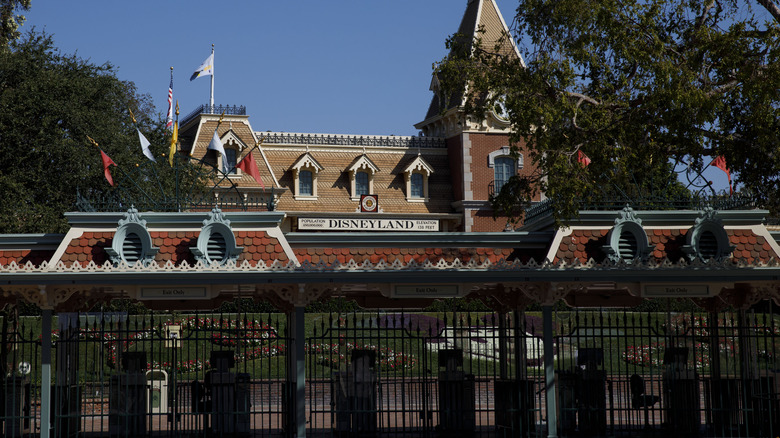
Here's How Many People Have Died At Disneyland
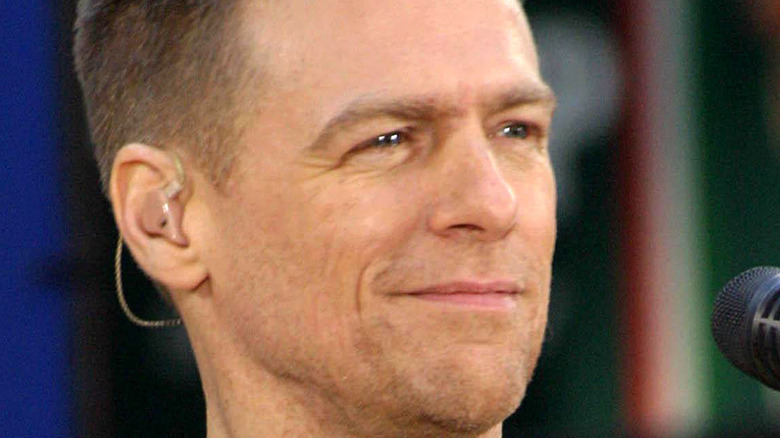
This Is One Of Bryan Adams' Biggest Career Regrets
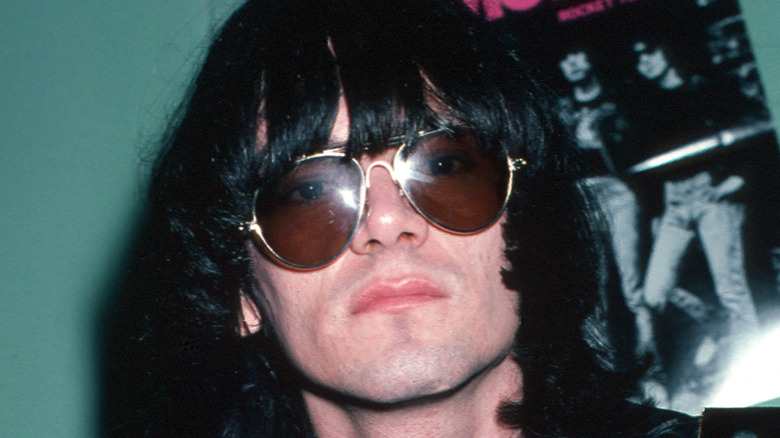
The Tragic Truth About Dee Dee Ramone's Childhood
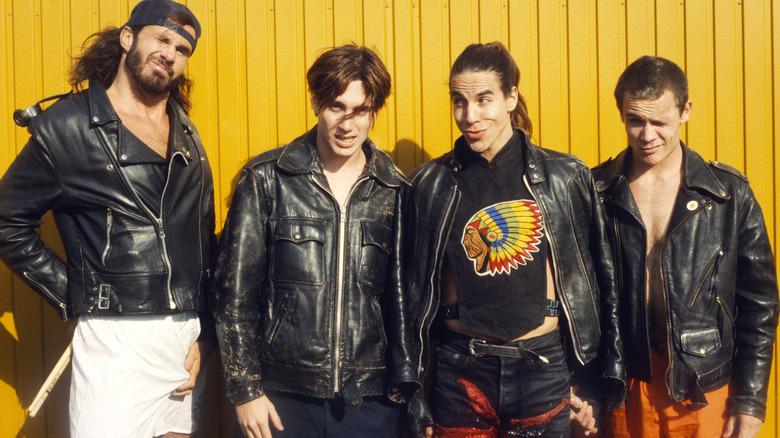
The Worst Member Of Red Hot Chili Peppers Might Surprise You
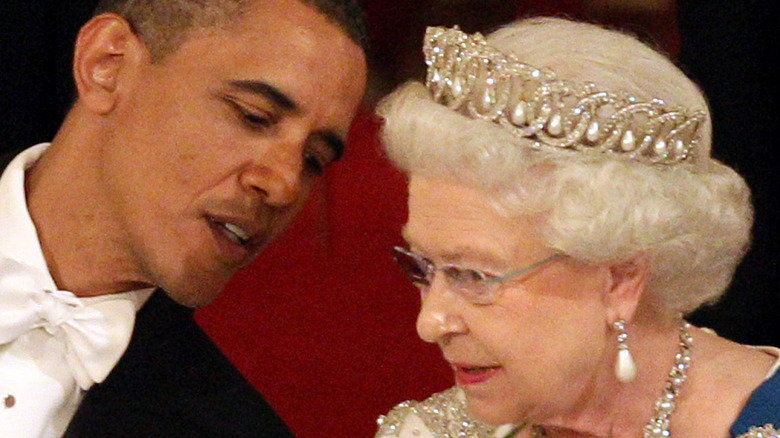
Here's What Happened When Barack Obama Broke Royal Protocol With The Queen
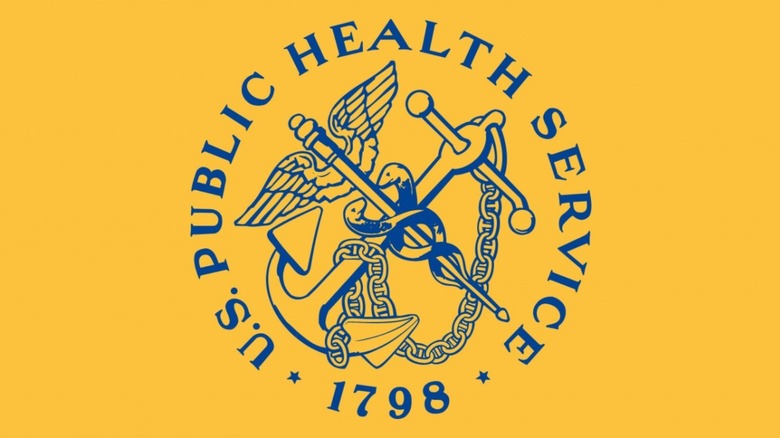
The Untold Truth Of The US Public Health Service
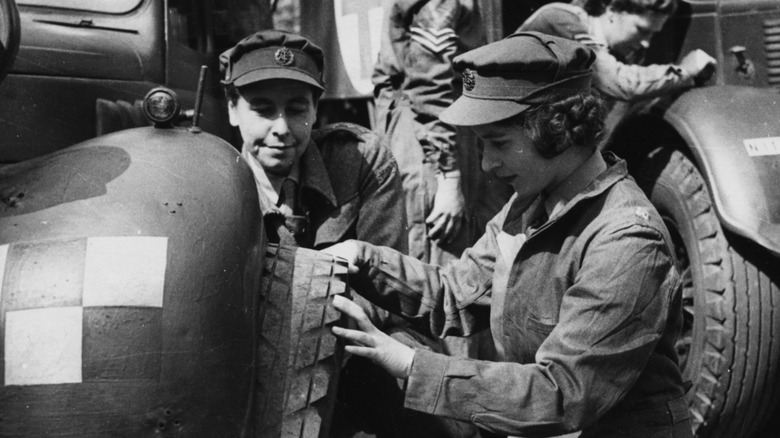
You Probably Didn't Know The Queen Was Once In The British Army

The Tragic Real Life Of Death Cab For Cutie's Ben Gibbard
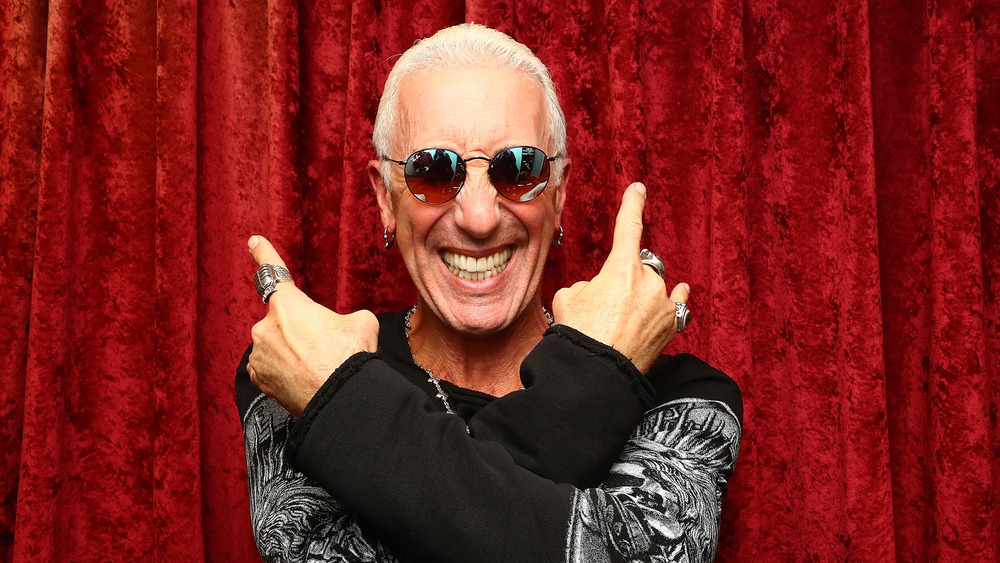
The Reason Twisted Sister's Dee Snider Decided To Record His Hit Christmas Song

This Is Van Halen's Most Underrated Member
